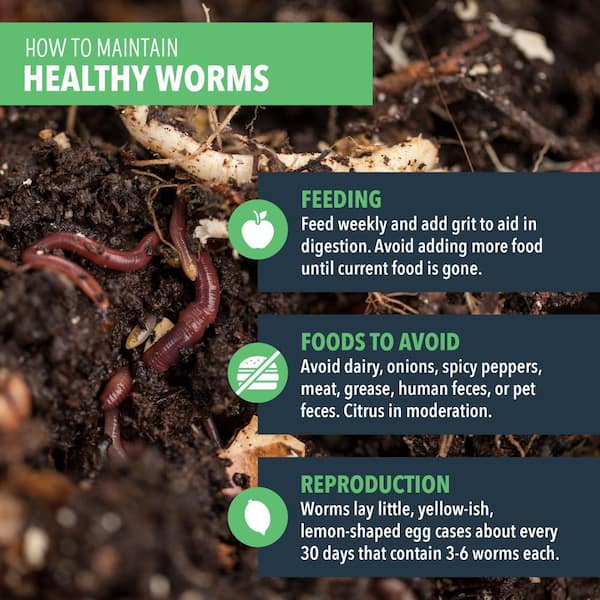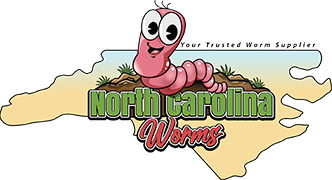North Carolina Worms Fundamentals Explained
Table of ContentsThe Best Guide To North Carolina WormsThings about North Carolina WormsA Biased View of North Carolina WormsNot known Details About North Carolina Worms
Instance: 1-gallon of worm castings to 4 gallons of potting mix. Do NOT utilize a potting mix that has chemical plant foods in it. Read the labelit will certainly say. 1/2 cup in all-time low of the planting hole for smaller sized plants. 1 mug for larger plants. ie. tomatoes, environment-friendly peppers, summertime squash, and so on.
The enhancement of tea can likewise add raised microbial biomass to your soil. You can constantly side-dress your plants with worm spreadings at any type of time. Just bear in mind, the bacteria will pass away if exposed to UV rays (Sunlight), so make certain to cover the spreadings with an inch or two of soil.
This baffled them for years up until the screening methods ended up being much better. It would obtain far better(with more castings), degree off, and after that decline. As well several worm castings would speed up the development to a rate that the plant could not recuperate from.
The North Carolina Worms Ideas
I have clarified the merits of worm spreadings for regarding 2000 words. Worm castings are no different. It takes time to create quality worm spreadings.
Worm spreadings certainly set you back more than chemical plant foods. Worm castings are on the cheaper end of natural fertilizers. (50 gallons per year) It is a much harder and extremely expensive financial investment to produce huge amounts of worm spreadings.

Creating a healthy and balanced soil might be the biggest benefit of worm spreadings. Healthy soil was reviewed and exactly how important this has actually ended up being to everybody. The leading ten advantages of worm castings were additionally provided. We discussed worm spreadings NPK and also the correct nutrient analysis that need to put on worm spreadings.
8 Easy Facts About North Carolina Worms Described
We spoke regarding some of the downsides linked with worm spreadings. I covered a whole lot of product in this post.
The upright burrows are typically open, although the worms cover the leading with deposit and excrement. Roots require oxygen for their development, whereas they create carbon dioxide that needs to leave the dirt.
Earthworms boost porosity by two systems: (1) by creating permanent burrows, and (2) by boosting dirt aggregation. Aggregation is boosted by the blending of soil and raw material in the earthworms' digestive tracts. Lake Rhodhiss Bait. These extremely stable accumulations are transferred by some earthworms in their burrows, and by others at the surface of the dirt


In another research study, earthworms were estimated to take in 4 to 10 percent of the top 6 inches of the soil yearly. Soil compaction decreases the porosity of the soil.
A Biased View of North Carolina Worms
Typical earthworm populations can conveniently eat 2 lots of completely dry matter per acre per year, partially absorbing and mixing it with soil. The importance of earthworms to blend surface residue with dirt ends up being extremely clear in soils that do not have any kind of earthworms. The majority of our Pennsylvania soils contend least some earthworms, and the effect of their full absence, for that reason, can not be kept in mind.
(https://www.bedirectory.com/North-Carolina-Worms_388865.html)In these soils, the formation of topsoil with affordable natural issue web content did not happen, causing inadequate plant development. As soon as the reason was developed, the federal government of the Netherlands began a project to present earthworms. After the intro of the earthworms, a dark topsoil layer was developed, and plant growth enhanced significantly.
They live mainly from partially decayed natural matter that is already included in the dirt. These species consume huge amounts of soil that they blend with digested crop deposit in their digestive tracts.
Their burrows stay open, although they cap the leading with plant residue that they pull to the entry. These types ingest significant quantities of soil that they combine with digested residue in their intestines. Their excrement is primarily transferred at the surface of the dirt. The nightcrawler Lumbricus terrestris is the most prominent participant of this group.